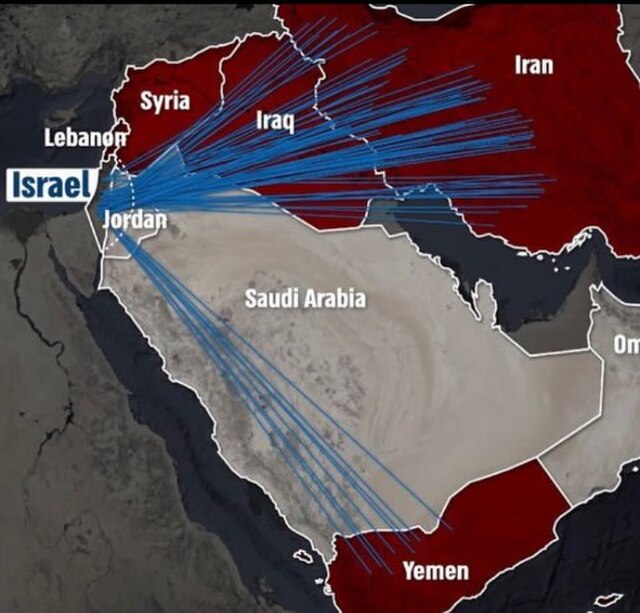
RATIONAL THINKING REVEALS IRAN’S CALIBRATED MISSILE OFFENSIVE MAY NOT EVOKE AN ISRAELI RESPONSE
 Sat, 05 Oct 2024
| Reading Time: 4 minutes
Sat, 05 Oct 2024
| Reading Time: 4 minutes

Unlike the last time in April 2024 when Iran’s escalation of the conflict with Israel was only in name, and slow-moving drones and missiles had been fired at stray targets into Israeli territory, this time Iran appears to have moved its response to a higher level by several notches. The destruction of its embassy in Damascus a few months ago and the killing of its IRGC commanders then had brought a response which was just an ineffective demonstration and did not achieve much for Iran’s military reputation. Even the assassination of the all-important IRGC Commander General Qassem Soleimani in 2019 drew a much lower than expected response against US assets in Iraq. As a result, Iran acquired the reputation of more bellicosity than substance.
Are things different this time, in the new phase of the Middle East crisis?
If we really wish to make a realistic assessment on which way the current conflict between Israel and Iran is likely to head, an examination of Iran and its options is necessary. The targeted killing of Ismail Haniyeh and Hassan Nasrullah by Israel has actually dealt a body blow to two of Iran’s major proxy allies although Hezbollah is fighting back tooth and nail in Southern Lebanon. However, there appears to be a large number of leaders associated with the effectiveness of both Hamas and Hezbollah who have been neutralised. It could take time for new leadership to be refurbished.
The truth is also that Iran is largely isolated in the Middle East. Its dilemma is on several counts. First as a Shia nation seen to be in full support of the Palestinian cause, it makes the more vociferous but much less committed Sunni Arab nations look small within the Islamic world. Drawing ire of the latter component therefore comes naturally. Secondly, it is pursuing an independent nuclear programme which a large part of the world perceives as a weapons programme; Iran denies it but also does not place itself under full controls. In a situation where it has deliberately, as a policy, taken up cudgels on behalf of the Palestinian people and sworn its enmity towards Israel, Iran also draws the angst of the US and somewhat less aggressively of US allies. The nuclear factor, the fear of it, creates a higher level of antipathy towards Iran. The sectarian differences, Persian ethnicity as against Arab regionalism, important strategic space occupied due to a crucial geostrategic location (with the Straits of Hormuz under control), and its aspirations of being the leader of the Islamic world, does not make Iran a very popular member of the comity of Islamic nations centred in this region. That is the prime reason why it cannot bank on any undiluted support from the Islamic nations in the region. Its power and outreach are diversified through its doctrine of ‘influence by proxies’. The strategically significant Levant area (between Iran’s western border and the Mediterranean Sea) remains under its control through northern Iraq, Syria and Lebanon. Through this area lies its contiguity to its main proxy – Hezbollah who it can continue to supply at will unless a campaign of interdiction is launched by Israel and the US and that already seems to have begun. The latter would involve large scale aerial bombing of arteries existing in the Levant and would involve expansion of the conflict under US cover.
For the moment Iran has fired its shot. 200 missiles have been fired at Israeli military assets in varying degrees of success. Iran has been careful about keeping its response precisely surgical to the best of its ability. From this it draws moral strength and the support of a large number of countries, even US partners. Secondly it has obviously been in back-channel talks with the important regional players, all members of the Gulf Cooperation Council, plus others. This has ensured Arab neutrality through denial of permission to the US and others to use their Arab bases and even air space to target Iran. It again is a big moral message although in real terms of effectiveness it may not bear such great importance as the US has enough carrier borne facilities to execute its missions, should it come to that.
In my assessment Israel may not wish to expand its escalation just like Iran. There could be a set of symbolic strikes on Iran although Israel needs no face-saving action or operation after a year of relentless operational activity. Netanhayu may have acted like a bull in a China shop but there is a rational limit to everything. Even he realizes that his own future cannot be linked to a pyrrhic notional physical victory with a moral defeat which could dictate the course of events in the Middle East for many years to come. The end result he seeks will end up ensuring no end to this conflict. No doubt he may imagine that with the US in the throes of its presidential elections this could be the opportunity to strike and achieve victory. He will, however, realize that it’s only the US support which can assure any success, and that support may not be immediately forthcoming.
I do not think we are anywhere near a ceasefire but simply a drawdown of offensive measures which could be a temporary situation. Sooner than later a fresh trigger will ensure resumption of clashes. Is there a solution to all this or a chance for a reprieve? Perhaps just a cessation of violence due to exhaustion and resource paucity could be possible but nothing beyond.
India has great stakes in peace in the Middle East region. From an economic angle our economy is on the rails of success, and we can ill afford a rise in energy prices at this time. War in the Persian Gulf area affects a large diaspora that we can ill afford to see uprooted. The progression towards the India-Middle East-Europe Corridor (IMEC) is hung in suspense; it was an emerging arrangement from the stability that the Abraham Accords had promised to bring. Unfortunately, all this has vanished in thin air. Thus, Prime Minister Narendra Modi’s chat with the Israeli Prime Minister last week was not out of place. No one expects an end to the 75-year-old Palestinian-Israeli discord anytime so soon, but the world can ensure that the conflict is suppressed and bottled, for the sake of international well-being. The international economic recovery coming slowly after the Covid pandemic cannot be sacrificed at the altar of unnecessary bloodletting on either side.
All the above is a result of rational thinking but since when did war become a rational activity.
Disclaimer
The opinions expressed in this article are the author’s own and do not reflect the views of Chanakya Forum. All information provided in this article including timeliness, completeness, accuracy, suitability or validity of information referenced therein, is the sole responsibility of the author. www.chanakyaforum.com does not assume any responsibility for the same.
Chanakya Forum is now on . Click here to join our channel (@ChanakyaForum) and stay updated with the latest headlines and articles.
Important
We work round the clock to bring you the finest articles and updates from around the world. There is a team that works tirelessly to ensure that you have a seamless reading experience. But all this costs money. Please support us so that we keep doing what we do best. Happy Reading
Support Us





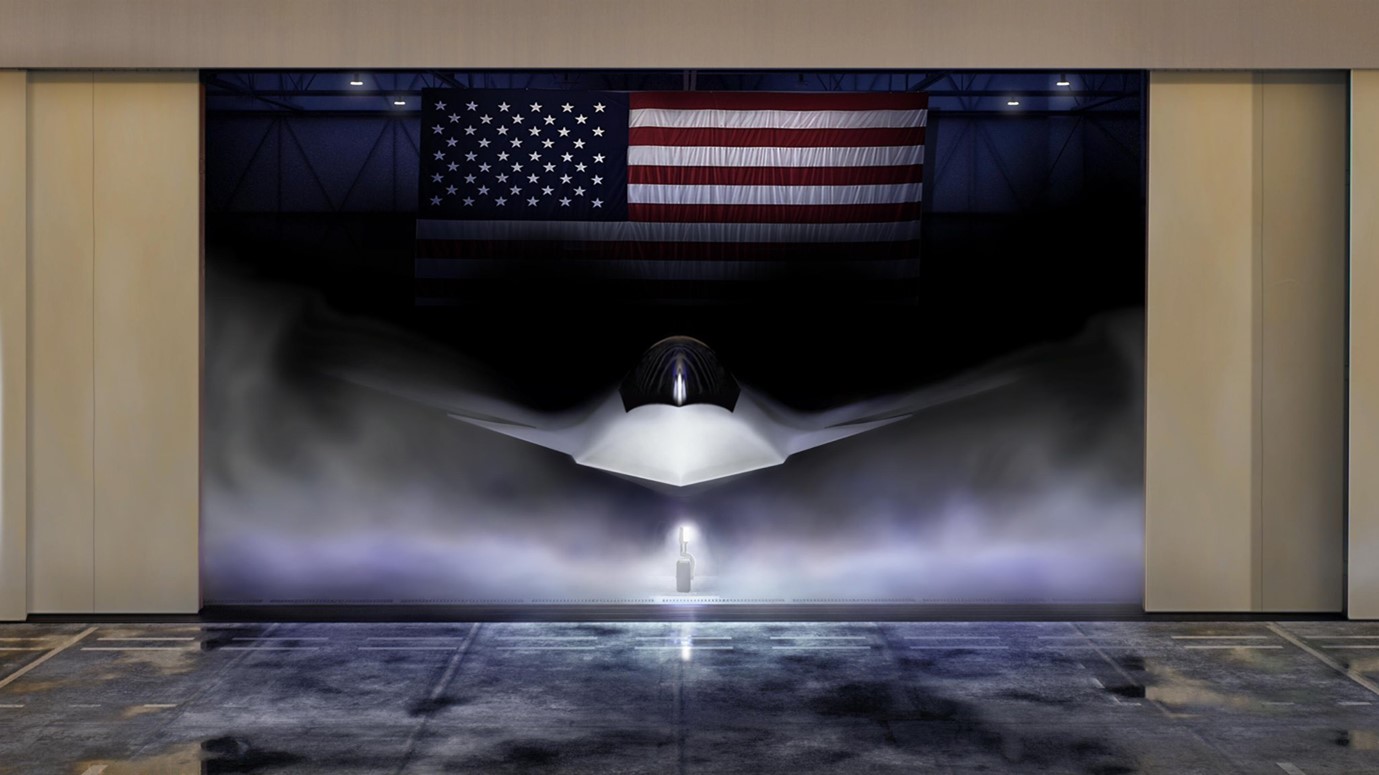
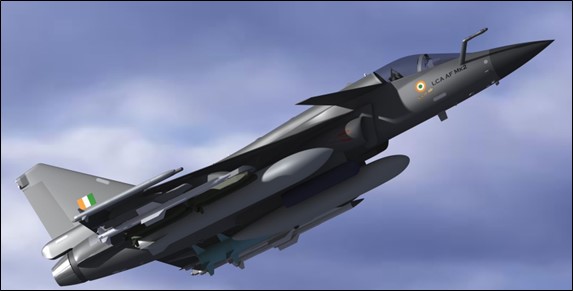
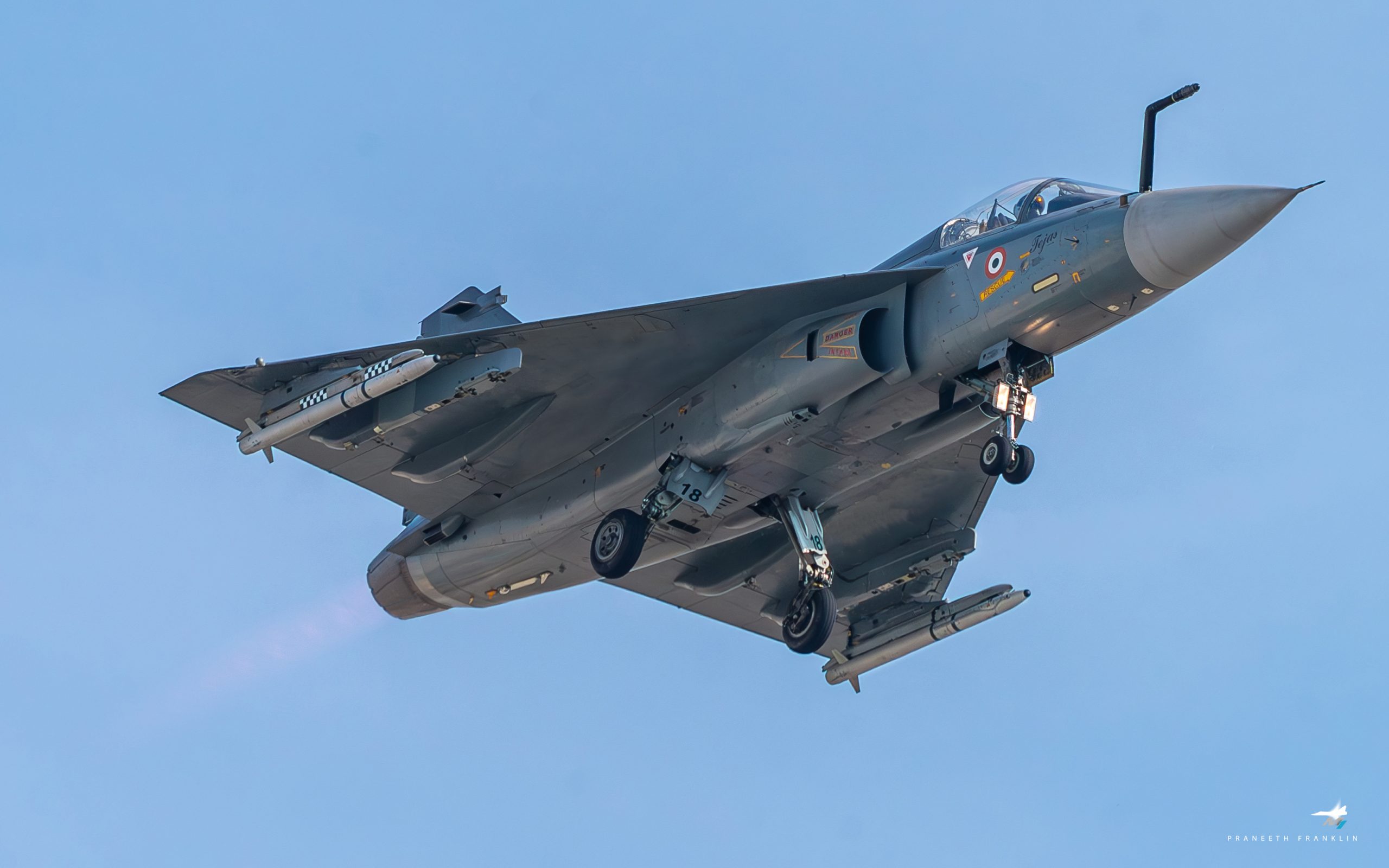
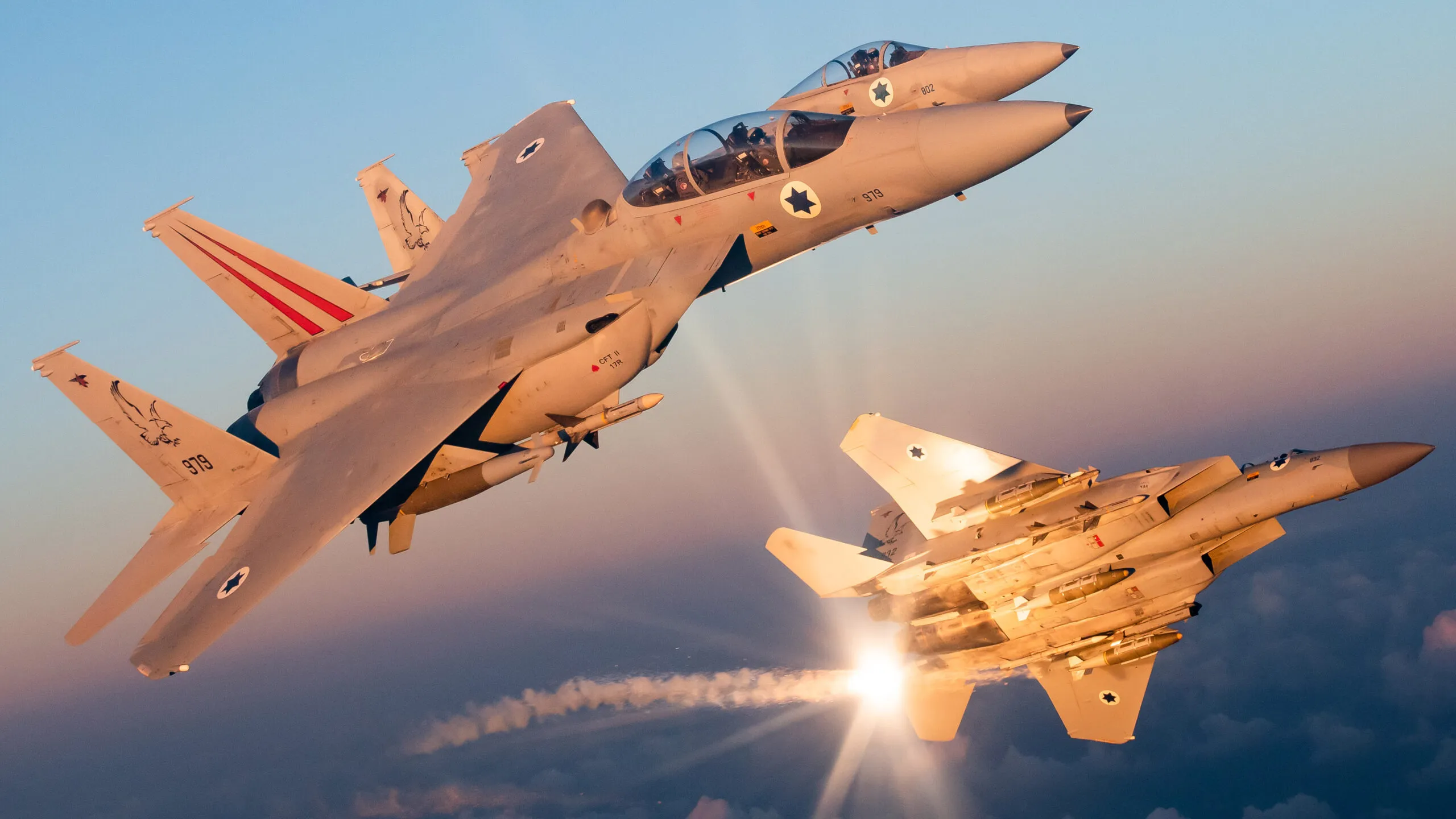



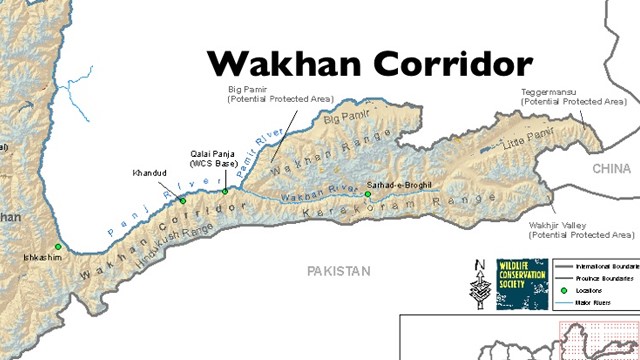


POST COMMENTS (0)